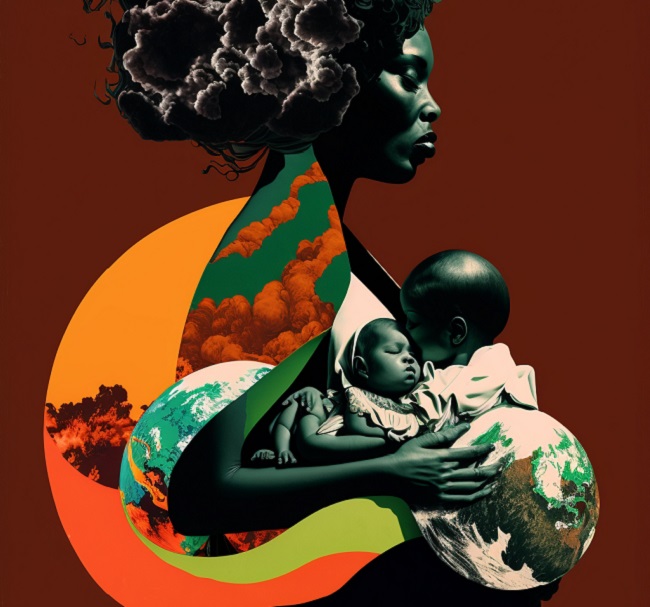Demographics: Women are Not Baby Factories
especiales

Although not the exact words, what’s stated in the title is one of the theses defended by the most recent report of the United Nations Fund for Population Activity (UNFPA), presented in mid-April, and where the so-called "demographic anxiety" occupies the considerations of experts and other authorities.
“If we want to build thriving and inclusive societies, regardless of population size, we need a radical mindset change in terms of how we talk about and plan for population changes,” stressed Dr. Natalia Kanem, Executive Director of UNFPA.
So a range of anxieties unfolds worldwide around fertility rates, whether to increase them, whether to reduce them... either if the planet is already packed with the more than 8,000 million people who have inhabited it since November of last year …
They have even tried to blame climate change on a supposed excess of fertility, when, for sure, more than half of that human conglomerate (some 5,500 million inhabitants) earn only about 10 dollars a day, so it’s impossible to hold them responsible with the increase in carbon dioxide or greenhouse gas emissions.
Thus, there’s an intention to expand and adjust to reality the concept of population handled today seeking to enhance what has been called demographic resilience and that, according to UNFPA, implies that the social and economic systems remain in tune with what the people need and want to progress; this, with a view to a “more prosperous and equitable” future.
This is how Panamanian Dr. Kanem, the first Latin American to direct UNFPA, points out in the presentation of the Report, and when talking about equity, she focuses above all on gender equality: “We see time and again how birth rates are considered a problem (and also a solution) with little regard to the capacity for action of those who give birth”.
In addition, even when sexual and reproductive health and gender equality constitute essential pillars in demographic issues, there are many women who are still denied the right to bodily autonomy, preventing them from freely deciding when and how many children to have.

And it’s a paradox, because, as the Executive Director of UNFPA referred to, although at present, climate change, pandemics, conflicts, mass displacements, economic uncertainty and other similar issues give more strength to concerns about the overpopulation and depopulation, "human reproduction is neither the problem nor the solution."
It’s becoming more and more common that if in one region or another geography there’s a deviation in fertility rates above 2.1, forecasts abound pointing to an overpopulation that threatens to be just around the corner. And if the deviation is “downwards”, then the predictions speak of fast aging and depopulation.

On top of these excesses appears the worst of mistakes: supposing that the solution to one disaster or another could lie in the female womb, when, in reality, there are other paths, and these lead, among other goals, to promoting production and sustainable consumption, guarantee equitable access to education, employment, health services, to everything that makes human life more and more dignified.
And always remembering, as Dr. Natalia Kanem stated, that "The body of women cannot be subordinated to demographic objectives."
Translated by Amilkal Labañino / CubaSí Translation Staff














Add new comment